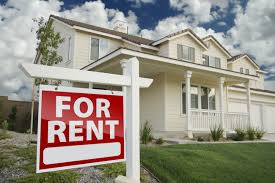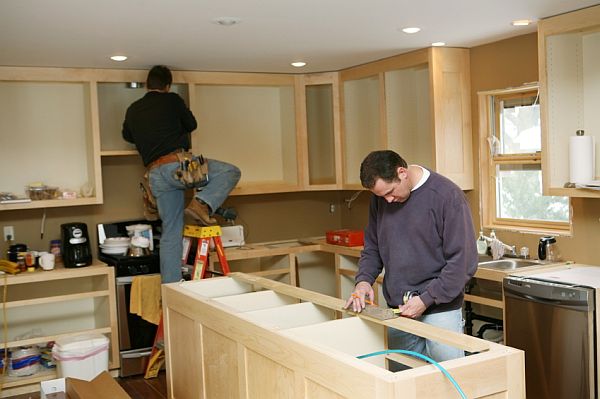5 Things To Know Before You Rent Out Your Property
There are many people who have big dreams about becoming land-lords and others who are simply terrified about the whole thing. Although, when done well, renting out your property is a good way to get a steady income, becoming a landlord is not for everyone. This because unlike other forms of investments (e.g stocks and bonds) renting out your property requires more active involvement.
If you are reading this, you are most likely thinking of taking in tenants into your property right now or in the near future. This might be a smart move; however, before you rent out that house here are some things you should know:
#1. Legislation exists for different provinces and territories
Because the legislation for different provinces and territories differs slightly, it is important for you to find out about the legislation for landlords and house renting in your province/territory. In addition, know that because legislation changes over time, it is important for you to keep yourself up to date on the changes.
#2. You need to keep records
You are actually required by the law in Canada to keep records and even the receipts of the transactions relating to the house you are renting out. In addition, keeping records of all documents including inspection worksheets, lease and other agreements is not only important but also to your advantage. It is advisable to hire an accountant and/or financial adviser if you are not good at book keeping.
#3. You need to advertise
When everything is ready, you would have to advertise your home. You could advertise at the rental property, in newspapers, in public places (such as community centers, libraries and stores) and even online. Word of mouth advertisement is also sometimes helpful. Proper advertisement will help ensure that you don’t end up having an empty house for too long.
#4. The rent determines the interest you get
When fixing a price for the house you want to rent out, remember that you have to choose a figure wisely. Although setting prices very low might help you get tenants quickly, it could also attract the kind of tenant you don’t want at all. You should try to speak to a real estate expert or compare the rates around to help you get an accurate picture of what the appropriate rates should be.
#5. You have to be prepared to deal with emergencies and repairs
Make allowances for emergency repairs because as landlord, it is your duty to take care of these. Luckily, in the event of an accident, the tenant is responsible for their belongings and you are only responsible for the house. Therefore, it would be wise to learn how to make repairs or to begin making friends with the people who can.
Conclusion
Renting out a house in Canada can be a new and terrifying experience. The best way to make sure you have as few mishaps as possible is to do some research and prepare properly, using these tips, to minimize the risk of running into problems.





